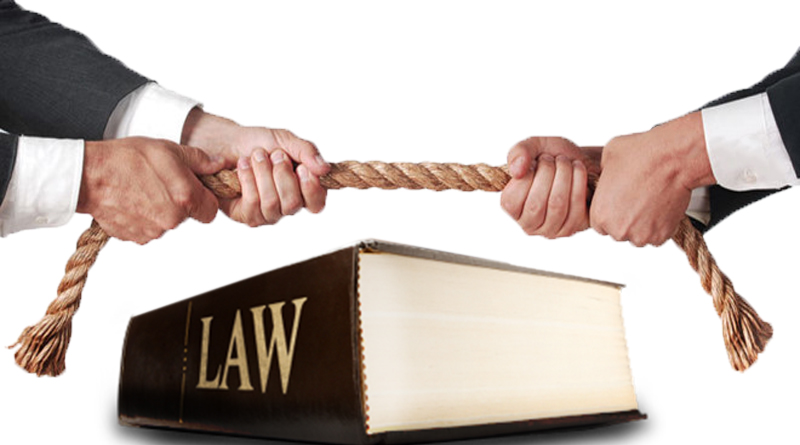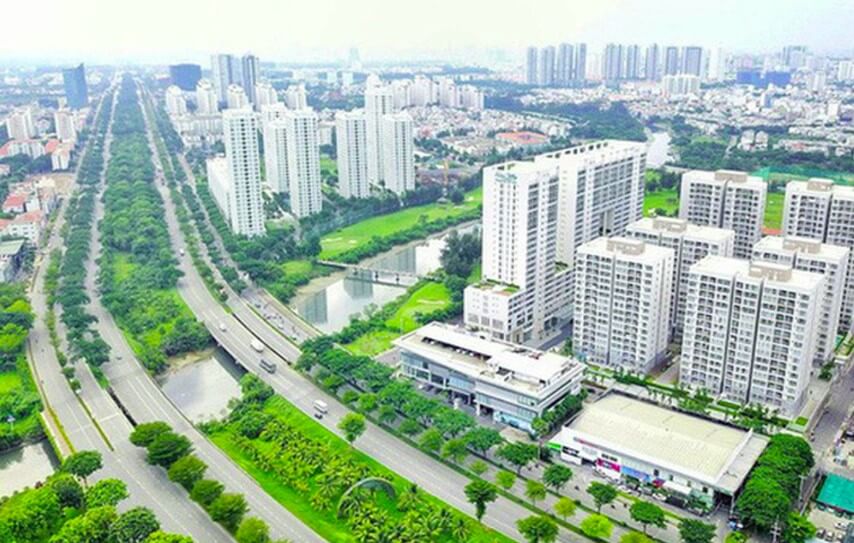Distinguish between cases must not and can not be mediated in Vietnam

Mediation belongs to the mandatory court procedures in civil proceedings. However, many factors may appear during the proceedings, resulting in cases that can not or must not come to the mediation phase. Indeed, some people usually mistaken between these two cases. So, in this article, LSX legal firm will give you an insight into: “Distinguish between cases must not and can not be mediated in Vietnam”
Legal ground
- Civil Procedures Code 2015
Meaning of “Mediation”
Mediation (or conciliation) belongs to the basic principles of the Civil Procedure Code. The mediation aims to create favorable conditions for involved parties to reach an agreement on the settlement of civil cases, ensuring their rights and interests in the best way.
The court must carry out the mediation procedure according to the principles specified in Clause 2, Article 205 of the Civil Procedure Code, in particular:
- Respect for the voluntary agreement of the involved parties, non-use of force or non-threat to use force to compel the involved parties to reach agreements against their will;
- The contents of agreements between the involved parties must not contravene the law and social ethics.
Does the law require to carry out the mediation procedure?
Clause 1, Article 205 of the 2015 Civil Procedure Code provides:
- During the period of preparation for the first-instance trial over cases, the Courts must carry out mediation for the involved parties to reach an agreement on the resolution of the cases, except for cases that must not mediate or cannot mediate as stipulated in Articles 206 and 207 of this Code or cases settled under simplified procedures.
Thus, the above provisions have clearly stated that conciliation means a mandatory procedure that the current civil procedure law requires. Unless the case cannot be conciliated or the case must not be conciliated, the Court must conduct conciliation before the trial begins.
Distinguish between cases must not and can not be mediated
Unreconcilable civil cases
Article 207 of the 2015 Civil Procedure Code provides for civil cases that cannot be conciliated:
- The defendants or the persons with relevant interests and duties intentionally absent though having duly summoned twice by courts.
- The involved parties cannot take part in the mediation for plausible reasons.
- The involved parties being wives or husbands in divorce cases have lost their civil act capacity.
- One of the involved parties applies for non-mediation.
Thus, for the cases mentioned above, the Court does not conduct conciliation.
Civil lawsuits which must not be mediated
Article 206 of the 2015 Civil Procedures Code stipulates:
- Claims for compensation for damage caused to State properties.
- Civil lawsuits arising from civil transactions which are contrary to law or social ethics.
Accordingly, any act that causes damage to the State’s property violates the law and compels the violator to pay compensation to the State. Also, the person who causes such damage to the State’s property does not have the right to adjust or negotiate with the State on the level of compensation, compensation procedures, etc.
For cases arising from civil transactions that violate the prohibition of the law or social morality belongs to invalid civil transactions, the current law also stipulates that when civil transactions invalid, the state will not protect and recognize the legal rights and obligations of the parties. Therefore, the Court could not conduct mediation.
How to handle cases stipulated in Article 206 and 207 of the Civil Procedures Code?
Article 208 of the 2015 Civil Procedure Code stipulates that:
- The Judges shall hold meetings for checking the handover of, access to, and disclosure of evidence and mediate between involved parties. Before holding the meetings, the Judges shall notify the involved parties, their lawful representatives, and defense counsels of their rights and interests in the time, venue, and contents of the meetings.
- If the mediation over the civil lawsuits cannot conducted as prescribed in Articles 206 and 207 of this Code; the Judge shall hold the meetings for checking the handover of, access to, and disclosure of evidence without mediation.
- Regarding marriage and family cases involving minors, before holding the meetings for checking the handover of, access to; and disclosure of evidence and mediating between involved parties, the Judges and/or Ombudspersons assigned by the Courts shall collect materials and evidence to determine reasons for the arising of the disputes. When necessary, the Judges may refer to the opinions of family affair authorities and children affair authorities about the situations of the families, reasons for the arising of disputes, and the expectation of the wives, husbands, and children related to the cases.
Regarding disputes over child rearing after divorces or change of post-divorce child custodian, the Judges shall depend on the expectation of the children who are underage and not younger than 7; when necessary, representatives of family affair authorities and children affair authorities shall witness and contribute opinions. The collection of expectations of underage children and the conduct of other procedures for minors must be friendly, and suitable for the psychology, age, maturity level, and awareness of the minors, ensuring legitimate rights and interests and the personal secret of minors.
Legal service of LSX Legal Firm
LSX legal firm provides legal services to clients in various legal areas. To make your case convenient, LSX will perform:
- Legal advice related to new regulations;
- Representing in drafting and editing documents;
- We commit the papers to be valid, and legal for use in all cases;
- Represent to submit documents, receive results, and hand them over to customers.
With a team of experienced, reputable, and professional consultants; The firm is always ready to support and work with clients to solve legal difficulties.
Furthermore, using our service, you do not need to do the paperwork yourself, We guarantee to help you prepare documents effectively and legally.
Also, you will not have to waste time preparing the application, submitting application, or receiving results. At those stages, we will help you do it smoothly.
After all, LSX provides the service with the desire that customers can experience it the best way. Additionally, we guarantee the cost to be the most suitable and economical for customers.
Related articles
- Can foreign individuals set up intermediate schools in Vietnam?
- Experience of logo registration in Vietnam that you should know
- Conditions for transferring land use rights by Vietnamese law
Related questions
The current law does not specify the number of mediations that the court can conduct during the settlement of the case. However, according to the guidance of the Supreme People’s Court in subsection 14, section IV of the written response No. 01/2017 dated April 7, 2017, basically, the court can conduct conciliation many times.
Conciliation of the whole case;
Mediation a part of the case;
Mediation failed.
a) The meeting presiding Judge;
b) Court clerks in charge of writing up meeting minutes;
c) Involved or lawful representatives of involved parties;
d) Representatives of employee collective’s representative organizations, applicable to labor cases, at the request of employees, excluding labor cases where employee collective’s representative organizations or defense counsels of rights and interests of employees‟ collectives/employees attend as representative organizations of employees‟ collective. If the representatives of employee collective’s representative organizations do not attend the meeting for mediating; written opinions must be submitted;
dd) Defense counsels of rights and interests of involved parties (if any);
e) Interpreters (if any).
Contact LSX
Finally, hope this article is useful for you to answer the question about “Distinguish between cases must not and can not be mediated in Vietnam”. If you need any further information, please contact LSX Law firm: +84846175333 or Email: [email protected]
Conclusion: So the above is Distinguish between cases must not and can not be mediated in Vietnam. Hopefully with this article can help you in life, please always follow and read our good articles on the website: lsxlawfirm.com




